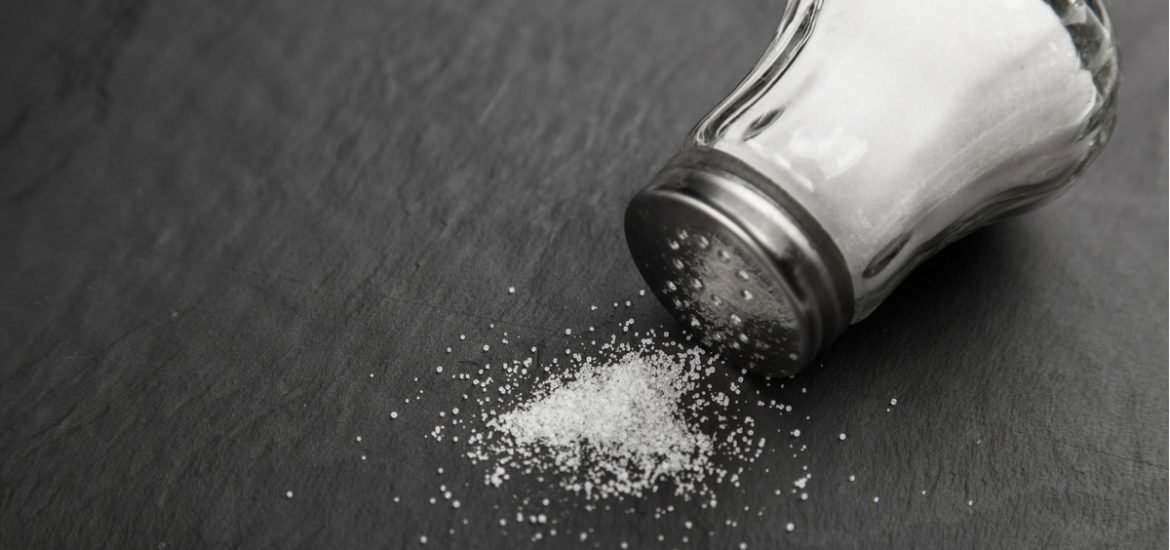
A new controversial study claims that in most cases, consuming salt will not increase health risks. The study published on August 9 in The Lancet, a scientific journal, followed 94 000 people between the ages of 35 and 70 across 18 countries to determine whether salt intake truly does increase the risk of cardiovascular disease and stroke (1), an accepted belief. Monitoring subjects over an average span of eight years, interestingly, it was found that the risk only increases if the average sodium intake is greater than 5 g per day ― the equivalents of 2.5 teaspoons of salt.
The research was led by Prof Salim Yusuf of the Population Health Research Institute (PHRI) of McMaster University and Hamilton Health Sciences in collaboration with colleagues from 21 different countries, including Canada, Argentina, Bangladesh, Brazil, Chile, China, Columbia, India, Iran, Malaysia, occupied Palestinian territory, Pakistan, Philippines, Poland, Saudi Arabia, South Africa, Sweden, Tanzania, Turkey, United Arab Emirates, and Zimbabwe.
According to the study, only countries that consume more than 5 g of sodium per day (around 12 g of salt) on average are at a higher risk of cardiovascular problems, mainly China, where a direct correlation between sodium consumption and cardiovascular events, such as heart attack and stroke, was found.
The opposite was found in communities consuming less than 5 g of sodium per day. In fact, the risk of cardiovascular issues was shown to decrease but was also correlated with an increased intake of potassium, found in fruits, vegetables, dairy foods, potatoes, nuts, and beans. The majority of countries in the study had an average daily sodium intake of 3 to 5 g. The recommended daily intake of salt according to the World Health Organisation is a maximum of 2 g per day to prevent high blood pressure, which is a risk factor for stroke, and the American Heart Association recommends even less, a mere 1.5 g per day.
As expected, the study has been met with a flood of criticism. One major criticism is that the study was observational, as opposed to being a randomised controlled trial ― considered the gold standard for clinical research ― which would have reduced error and bias. Moreover, another one of the main complaints is that the amount of sodium in the urine of study participants was not accurately measured.
Similar findings were published by the same group in The Lancet in 2016 and met with an equal amount of disdain (2). The previous study only looked at individuals and was immediately chastised by the scientific community and labelled it as “bad science,” and the findings were not accepted by the American Heart Association.
Salt-reduction enthusiasts argue that campaigns in the UK, Japan, and elsewhere over the past several years have led to a reduction in salt intake and consequently, a reduction in overall average blood pressure of the population. However, our bodies require essential nutrients like sodium to function, therefore, completely removing salt from our diets may be just as damaging as too much. But the question remains, how much is too much?
(1) Mente, A. et al. Urinary sodium excretion, blood pressure, cardiovascular disease, and mortality: a community-level prospective epidemiological cohort study. The Lancet (2018). DOI: 10.1016/S0140-6736(18)31376-X
(2) Andrew Mente et al. Associations of urinary sodium excretion with cardiovascular events in individuals with and without hypertension: a pooled analysis of data from four studies. The Lancet (2016) DOI: 10.1016/S0140-6736(16)30467-6